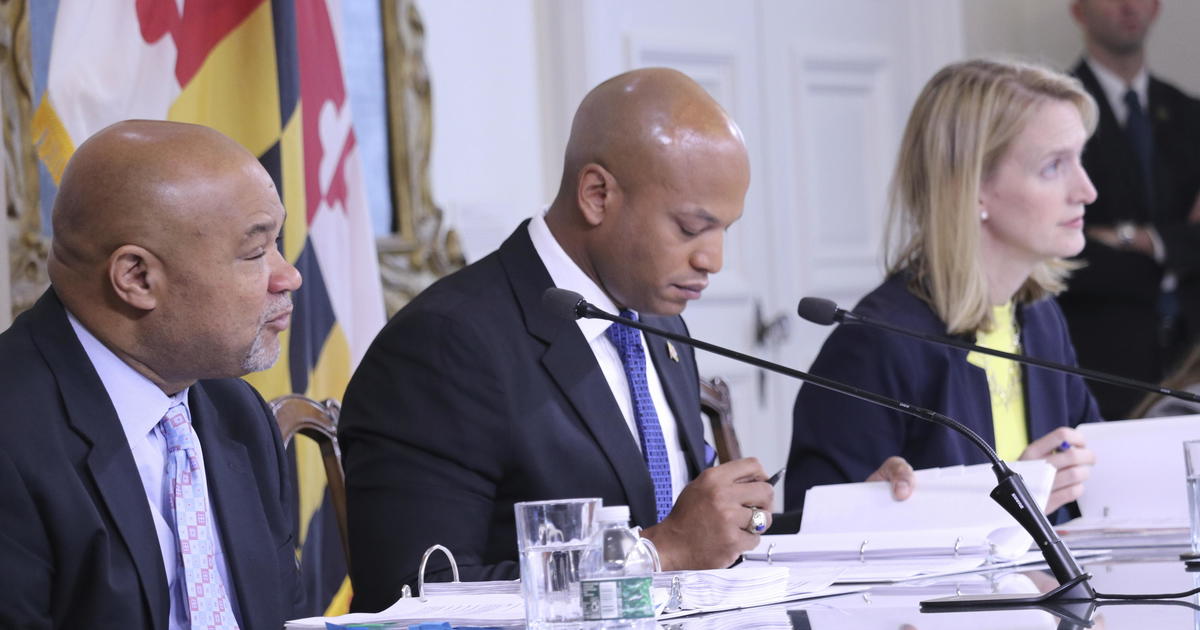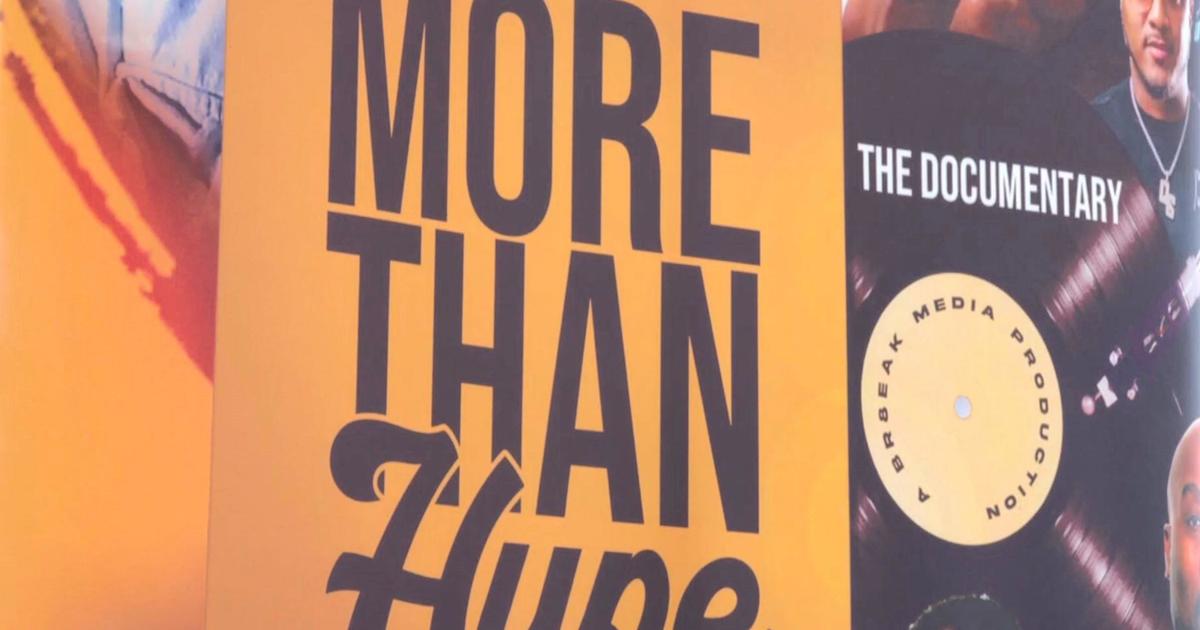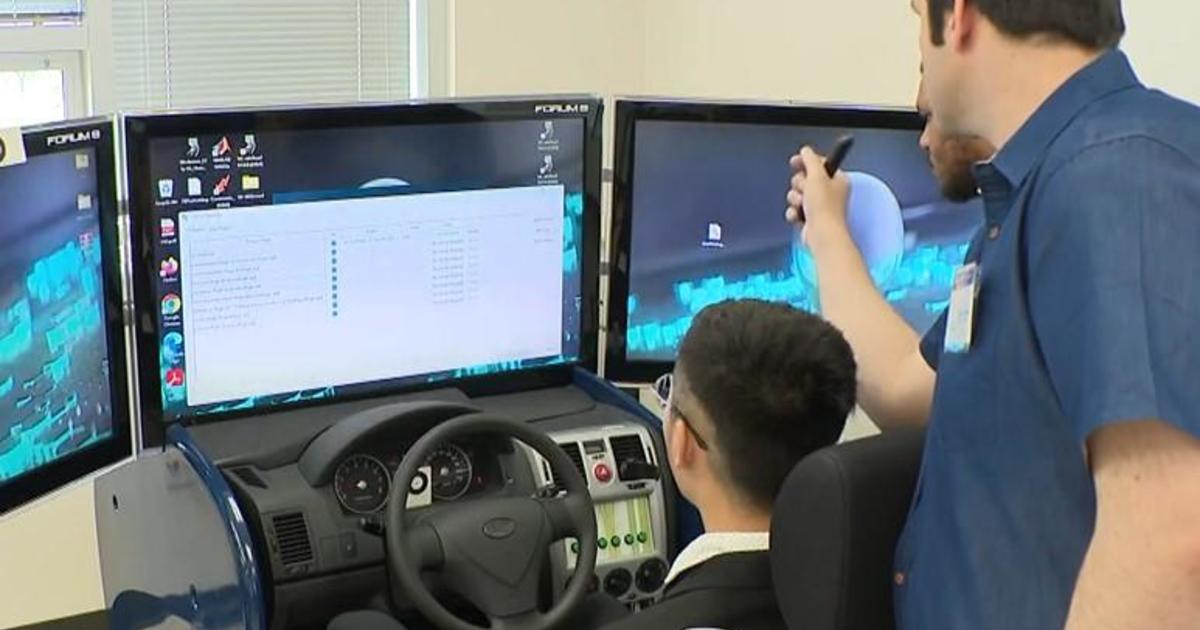Panel Talks About Firearms Access For Mentally Ill
BALTIMORE (AP) -- Members of a Maryland task force on Tuesday began discussing laws and policies relating to firearms access for the mentally ill, as it considers changes to an area of the law that weighs Second Amendment rights with public safety.
The panel was created by legislation this year and held its first meeting with members that include police, attorneys, mental health advocates and a representative for gun clubs.
Panelist Tara Harrison, representing the Maryland State's Attorneys' Association, said cases in which people with mental illness possess firearms are repeatedly confronting prosecutors.
"Just speaking from the state's attorneys perspective, there really is a problem on an ongoing basis where we're seeing that more and more persons who appear at least to have had some mental health issues -- we're finding that they've been in the possession of firearms and then they're using those firearms," Harrison said.
The meeting comes less than a month after police arrested a Maryland man after he called himself "a joker" and threatened to shoot up a business where he was being fired. The arrest was made about a week after a mass shooting at a Colorado movie theater.
Mental health advocates on the panel cautioned against infringing on the rights of people who have been treated for mental illness, but are not dangerous.
Laura Cain, an attorney with the Maryland Disability Law Center, said she wanted to protect people's rights. She also expressed concern about stereotypes and false assumptions about a link between mental illness and a propensity to be violent.
"We just want to make sure that if there's going to be any further restrictions it's not based on just the diagnoses or just the fact of treatment, but that there be a direct link to something that's kind of more objective in terms of saying this person could be violent and we want to protect the public from this person," Cain said.
John Josselyn from the Associated Gun Clubs of Baltimore Inc., said he is keeping an open mind.
"We certainly have a vested interest in protecting our members' Second Amendment rights," Josselyn said. "But by the same token, we have an equal interest in not permitting people who do have a propensity for violence to acquire a firearm when there is a real and present danger that can be proven and established that they shouldn't be permitted to have one."
One matter the panel is studying is the length of time a person has been confined to a mental health facility as a factor in deciding whether a person can possess a regulated firearm. Under currently law, a person who has been confined for 30 days cannot possess one.
The panel also is discussing current laws and policies relating to law enforcement access to mental health records.
The task force is set to meet at least two more times before making recommendations to the Legislature in December for possible legislation.
(Copyright 2012 by The Associated Press. All Rights Reserved.)



